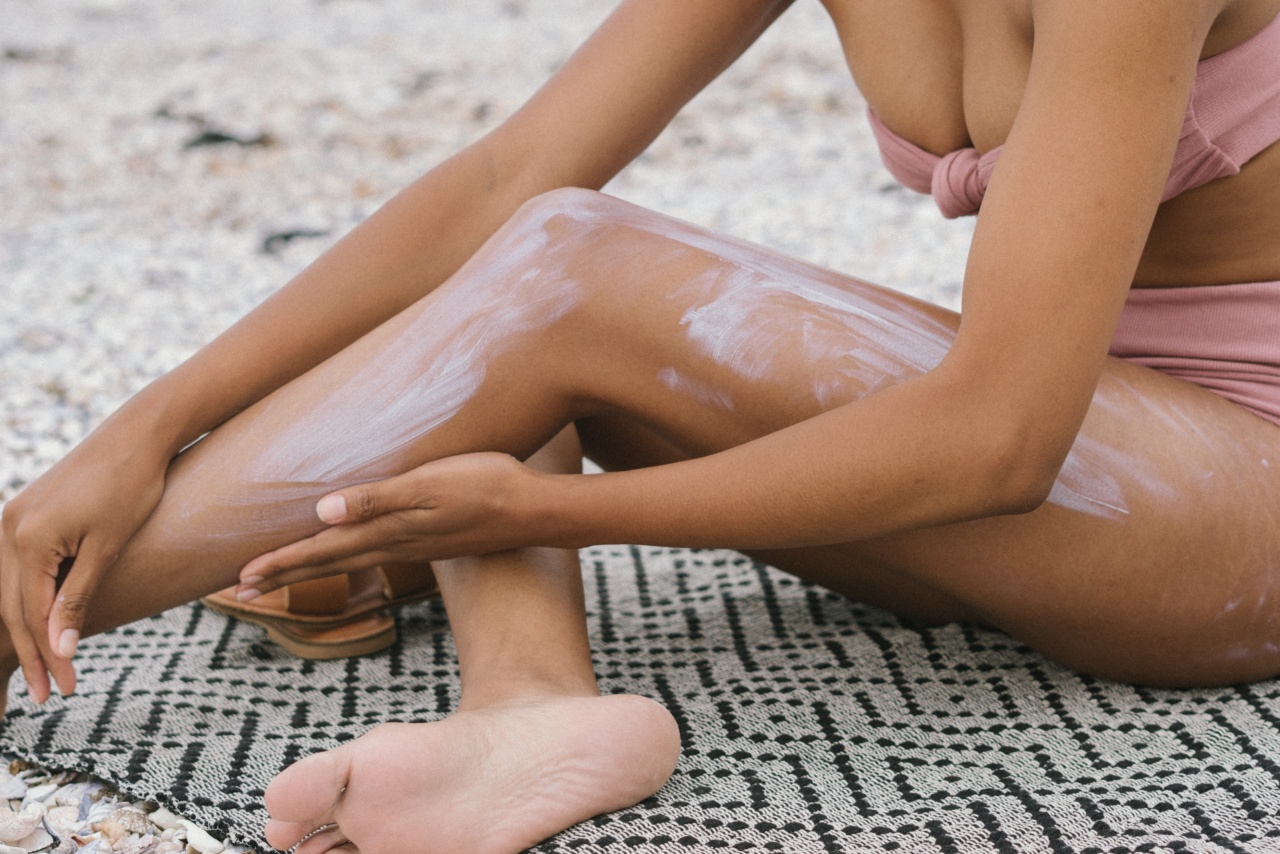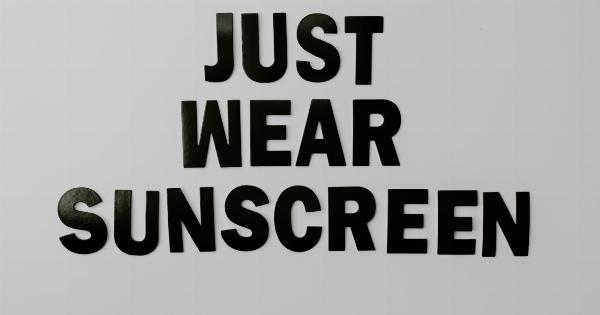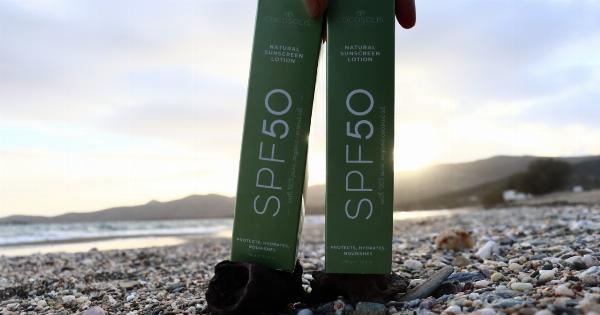Sunscreen is a crucial component in protecting our skin from harmful UV rays. Applying sunscreen before heading outdoors is an essential step in safeguarding our skin health.
However, like all beauty and skincare products, sunscreen also comes with an expiration date. Many individuals often wonder if sunscreen can still be effective after its expiration date.
In this article, we will delve into the topic and explore whether expired sunscreen can still provide adequate protection against the sun’s damaging rays.
Understanding Sunscreen Expiration Dates
Before we discuss the effectiveness of expired sunscreen, it’s vital to understand what the expiration date on sunscreen products represents.
The expiration date indicates the period of time during which the sunscreen is guaranteed to remain stable and at its full potency. It’s worth noting that the expiration date is typically based on specific laboratory tests conducted by the manufacturer.
Factors Influencing Sunscreen Shelf Life
Various factors can impact the shelf life of sunscreen, including:
- Formulation: Different sunscreen formulations have different shelf lives.
Chemical sunscreens tend to have a shorter shelf life compared to physical sunscreens.
- Storage Conditions: The way you store your sunscreen can significantly affect its shelf life.
Exposure to extreme temperatures, such as leaving your sunscreen in a hot car or direct sunlight, can cause its active ingredients to degrade faster.
- Container: Sunscreens packaged in tubes or pump bottles generally have a longer shelf life compared to those in jars, as the latter are more prone to contamination with repeated exposure to air and bacteria.
- Packaging: Sunscreens in opaque or dark-colored containers are better protected from light, which can degrade the active ingredients.
Expired Sunscreen and Its Effectiveness
When a sunscreen product reaches its expiration date, it doesn’t necessarily mean that it instantly becomes ineffective.
The expiration date is an indication of the manufacturer’s guarantee regarding the product’s stability and potency. Therefore, once the expiration date has passed, there is a possibility that the sunscreen may start to lose its effectiveness.
The active ingredients in sunscreen, such as avobenzone, oxybenzone, and octinoxate, degrade over time. As these ingredients deteriorate, the sunscreen becomes less effective in providing the intended level of protection against UVA and UVB rays.
Consequently, using expired sunscreen may leave your skin vulnerable to sunburn, premature aging, and an increased risk of skin cancer.
Additionally, the inactive ingredients in sunscreen, such as emollients and preservatives, can also degrade over time. This can result in changes to the sunscreen’s texture, smell, and overall feel on the skin.
Expired sunscreen may become clumpy, separate, or develop an unpleasant odor, making it less desirable to use.
Testing the Effectiveness of Expired Sunscreen
While it’s not recommended to rely on expired sunscreen for sun protection, if you find yourself in a situation where you only have expired sunscreen available, it’s better to use it than to go without any sun protection altogether.
However, keep in mind that its effectiveness is likely to be significantly diminished.
If you’re unsure about the efficacy of your expired sunscreen, you can perform a simple patch test. Apply a small amount of the expired sunscreen to a small area of your skin and observe for any adverse reactions or signs of sunburn.
If the results are concerning or if the product has a strange appearance or smell, it’s best to discard it and seek a fresh bottle of sunscreen.
Tips to Maximize Sunscreen’s Shelf Life
To ensure that your sunscreen remains effective for as long as possible, follow these tips:.
- Store Properly: Keep your sunscreen in a cool, dry place, away from direct sunlight.
- Check Consistency: Before use, check the consistency and smell of your sunscreen. If it appears clumpy, separated, or has an off-putting odor, it’s time to replace it.
- Keep It Clean: Avoid introducing bacteria into your sunscreen by not touching it directly with your fingers. Instead, use a clean applicator or wash your hands thoroughly before each use.
- Don’t Share: Sharing sunscreen with others can introduce their bacteria into the product, potentially reducing its shelf life.
The Verdict
Expired sunscreen is generally less effective in protecting the skin from harmful UV rays. While its use is better than no protection at all, it’s always recommended to have fresh, unexpired sunscreen for optimal sun protection.
To ensure your skin receives the best possible care, regularly check the expiration date on your sunscreen and replace any expired products promptly.




























